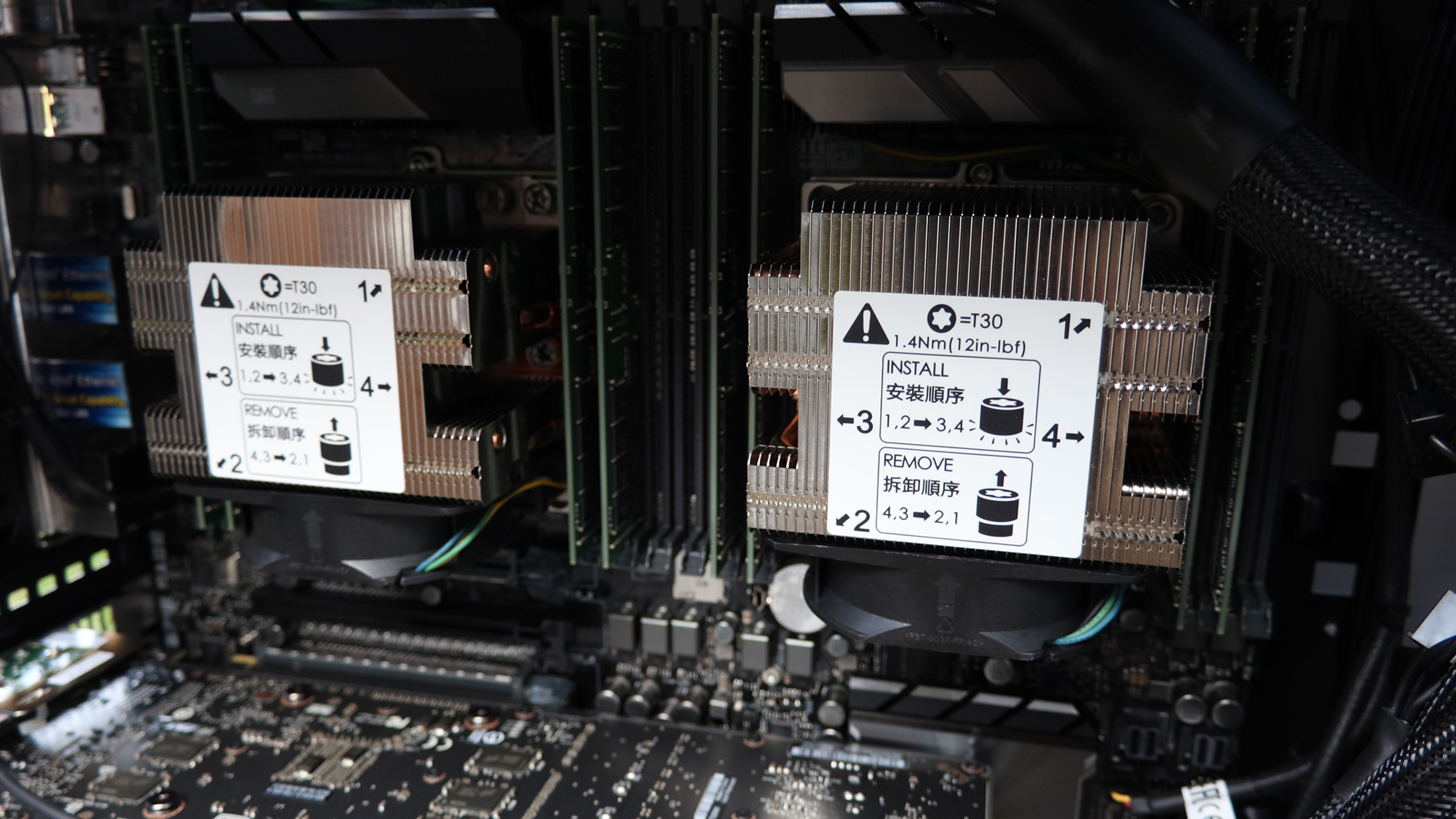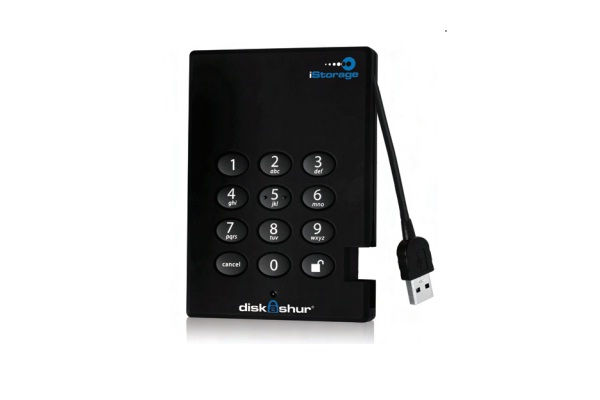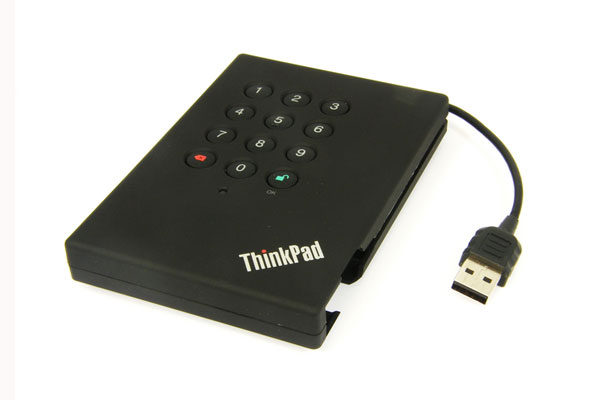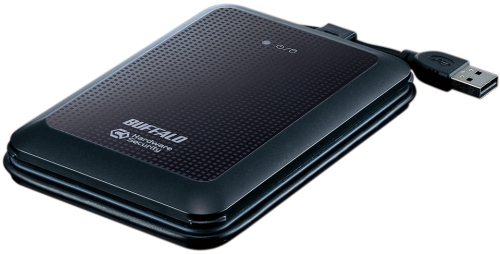Kaspersky uncovers hard drive hackers with Stuxnet links
The Equation Group is believed to have been infecting machines for 20 years

A hacking group responsible for a cyber rampage thought to have lasted up to 20 years has been uncovered by Russian security researchers.
According to Kaspersky researchers, The Equation Group has been infecting users with malware in a range of verticals, including the public sector, telecoms, energy, transportation and financial industries, since at least 2001,
This is when the command and control server The Equation Group uses was first registered, but others employed by the troop date back to 1996, suggesting the perpetrators may have been going a lot longer.
During its reign, the anti-virus firm's researchers fear up to tens of thousands of computers may have been infected by the group using a number of codenamed tools, including Equationlaser, Equationdrug, Doublefantasy, Triplefantasy, Fanny and Grayfish.
They've also described the group as one of the world's most sophisticated perpetrators of cyber attacks.
"Perhaps the most powerful tool in the Equation Group's arsenal is a mysterious module... [that] allows them to reprogram the hard drive firmware of over a dozen different hard drive brands, including Seagate, Western Digital, Toshiba, Maxtor and IBM," the researchers stated in a blog post.
"This is an astonishing technical accomplishment and is testament to the group's abilities."
Sign up today and you will receive a free copy of our Future Focus 2025 report - the leading guidance on AI, cybersecurity and other IT challenges as per 700+ senior executives
This allows an invisible pool of storage to be created within the infected hard drive, that would persist in the wake of a drive being reformatted and the operating system reinstalled.
"The Equation group's HDD firmware reprogramming module is extremely rare. During our research we've only identified a few victims who were targeted by this module," the researchers said in an FAQ document about The Equation Group.
"This indicates that it is probably only kept for the most valuable victims or for some very unusual circumstances."
The Kaspersky blog post goes on to share details of one of the group's most notable attacks, dubbed Fanny Worm, which was used to map out air-gapped networks in the Middle East and Asia in 2008, and was spread via USB sticks.
It featured two zero-day exploits which were latest observed during the Stuxnet wave of attacks during 2009-10.
"It's important to point out that these two exploits were used in Fanny before they were integrated into Stuxnet, indicating that the equation group had access to these zero-days before the Stuxnet group," the blog post continued.
-
 Box reveals new AI capabilities at BoxWorks 2025
Box reveals new AI capabilities at BoxWorks 2025News Extract and Automate will help businesses make better use of their data, the cloud company claims
-
 Big tech CEOs are fueling the fire of AI confusion
Big tech CEOs are fueling the fire of AI confusionOpinion Mixed messaging on the effectiveness of AI only raises fears that the technology will steal human jobs
-
 Mitre reveals ten worst hardware security weaknesses in 2021
Mitre reveals ten worst hardware security weaknesses in 2021News The list aims to highlight common hardware flaws to help eliminate them from product development cycles
-
 Best data recovery tools 2021: Restore your lost files
Best data recovery tools 2021: Restore your lost filesBest Deleted partitions and corrupted disks don’t need to mean irretrievable folders
-
 iStorage diskAshur 3.0 review
iStorage diskAshur 3.0 reviewReviews A portable hard drive with built in cable and 256-bit encryption makes this device ideal for storing confidential information. Even if file transfer speeds are a tad on the slow side...
-
 NHS trust and local council hit back at ICO fines
NHS trust and local council hit back at ICO finesNews Public sector organisations dispute cases that netted the data protection watchdog £415,000.
-
 ICO hits NHS trust with record £325,000 fine
ICO hits NHS trust with record £325,000 fineNews Data protection watchdog hits Brighton and Sussex University Hospitals Trust with penalty following staff and patient data breach.
-
 Toshiba launches self-encrypting hard drives
Toshiba launches self-encrypting hard drivesNews The Japanese tech giant introduces the world’s first series of self-encrypting drives.
-
 Lenovo ThinkPad USB Portable Secure Hard Drive
Lenovo ThinkPad USB Portable Secure Hard DriveReviews This external hard drive from Lenovo encrypts all the data you store on it and features a number pad on its casing to provide access. We evaluate it for performance and value.
-
 Portable secure hard disk head-to-head review
Portable secure hard disk head-to-head reviewReviews Data security is a big topic these days. We take a look at the Buffalo MiniStation PRO and Fujitsu HandyDrive 500GB, both of which are designed to keep your data safe from prying eyes.